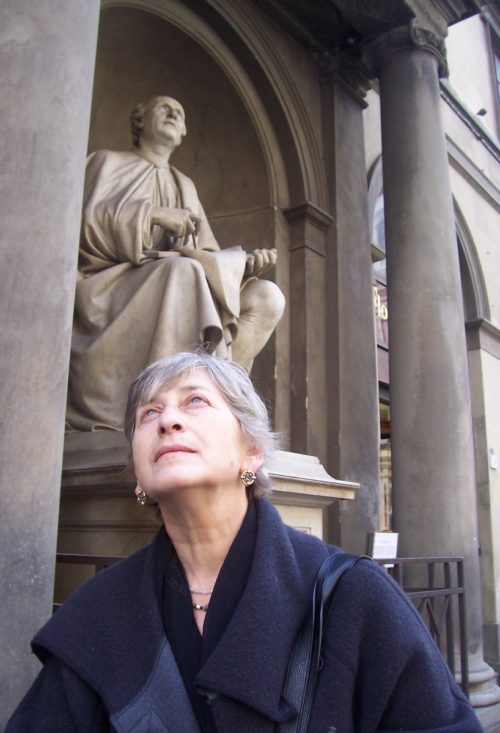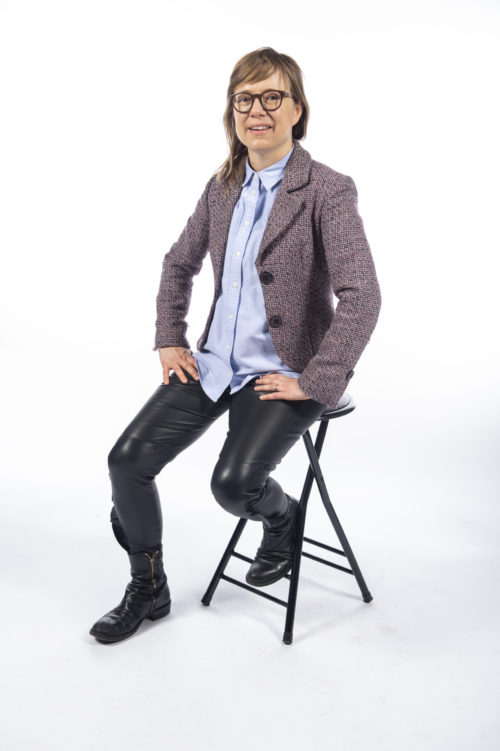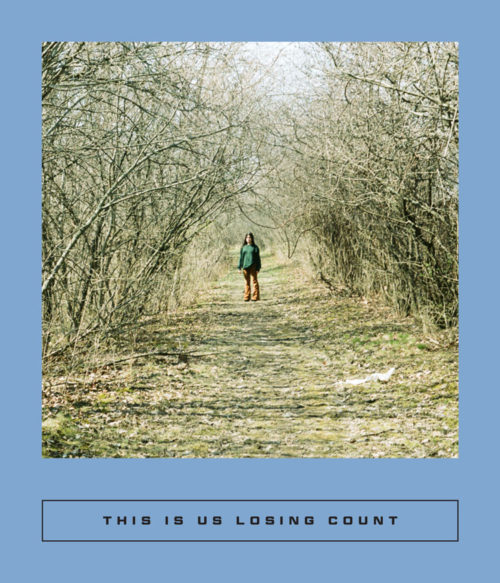My grandmother’s azure ring,my great-grandfather’s books—those are things I’d give away.But somehow I’d regretgiving away the glass beads.They’re colorful and they’re simplelike a garden with peacocks in it,but they’ve a heart of stars and scales.Or a lake with fish in it:a black one swims up, then a scarlet one,then the meekest, meekest green one—it will never again return,and why should it return?I love neither poor nor rich,not this country, nor any other,not the time of day, nor the time of year—but I love all things imagined and blamed:a mysterious revelrywith no value and no meaning. БусыЛазурный бабушкин перстень,прадедовы книги —это я отдам, быть может.А стеклянные бусычто-то мне слишком жалко.Пестрые они, простые,как сад и в саду павлины,а их сердце из звезд и чешуек.Или озеро, а в озере рыбы:то черный вынырнет, то алый,то кроткий, кроткий зеленый —никогда он уже не вернется,и зачем ему возвращаться.Не люблю я бедных и богатых,ни эту страну, ни другие,ни время дня, ни время года —а люблю, что мнится и винится:таинственное веселье.Ни цены ему нет, ни смысла.
Beads
Feature Date
- March 8, 2022
Series
- Translation
Selected By
Share This Poem
Print This Poem
“Beads” from THIS IS US LOSING COUNT: EIGHT RUSSIAN POETS: by Olga Sedakova.
Published by Two Lines Press on March 8th, 2022.
English copyright © 2022 by Martha Kelly.
All rights reserved.
Reproduced by Poetry Daily with permission.

In 1967 Olga Sedakova began her studies at the Philological Faculty and received her PhD in Slavic Antiquities in 1973. She studied under the aegis of Sergei Averintsev and a number of other prominent philologists such as M. V. Panov, Iurii Lotman, N. I. Tolstoi. Her scholarly interests include the history of Russian and Old Slavonic languages, traditional culture and mythology, liturgical poetry, and the general hermeneutics of the poetic text. Sedakova quickly came to understand how indispensible it was to be able to read in other languages during the period of the “Iron Curtain,” and so she learned a number of key European languages. This would eventually help her earn her keep by writing surveys of new work in the humanities (from 1983-1990 she worked in a division of the Russian Academy of Sciences as a reviewer of foreign literary criticism), as well as to translate “for herself and her circle.” In the last several years a number of these translations, never intended for publication, have come out—translations of European poetry (English folk verse, T. S. Eliot, Ezra Pound, John Donne, Rainer Maria Rilke, Paul Celan, St. Francis of Assisi, Dante, Paul Claudel), drama, philosophy, theology (Paul Tillich et al.).
In 1986 her first book came out with the Paris-based YMCA Press. Soon after this her poetry and essays began to be translated into European languages, published in various journals and anthologies and to appear in book form. Her first book to come out in her own country was Chinese Journey, in 1990. So far she has published 27 books of verse, prose, translations and scholarly research (in Russian, English, German, Hebrew and Danish; Italian and Albanian volumes are forthcoming).

Martha Kelly is the author of Unorthodox Beauty: Russian Modernism and Its New Religious Aesthetic and of numerous essays and scholarly articles, as well as co-editor, with Sibelan Forrester, of Silver Age Russian Poetry: Texts and Contexts. She is currently completing a new translated collection of Olga Sedakova’s verse in English and working on a monograph about Sedakova with the working title, “How To Be a Russian Icon: The Post-Soviet Public Life of Poet Olga Sedakova.”

San Francisco, California
Center for the Art of Translation
“The poems in this volume are bold and forthright yet bracingly controlled, vivid in their imagery and visionary in their imaginative reach. Taken together, they testify to a new efflorescence of Russian poetry—a blossoming that was seasons in the the making, like the January flowers in one of Alla Gorbunova’s lyrics, translated by Elina Alter: ‘white at first glance, but then / a thousandfold colors.’”
—Boris Dralyuk, author of My Hollywood and Other Poems and Editor in Chief of The Los Angeles Review of Books
Poetry Daily Depends on You
With your support, we make reading the best contemporary poetry a treasured daily experience. Consider a contribution today.



